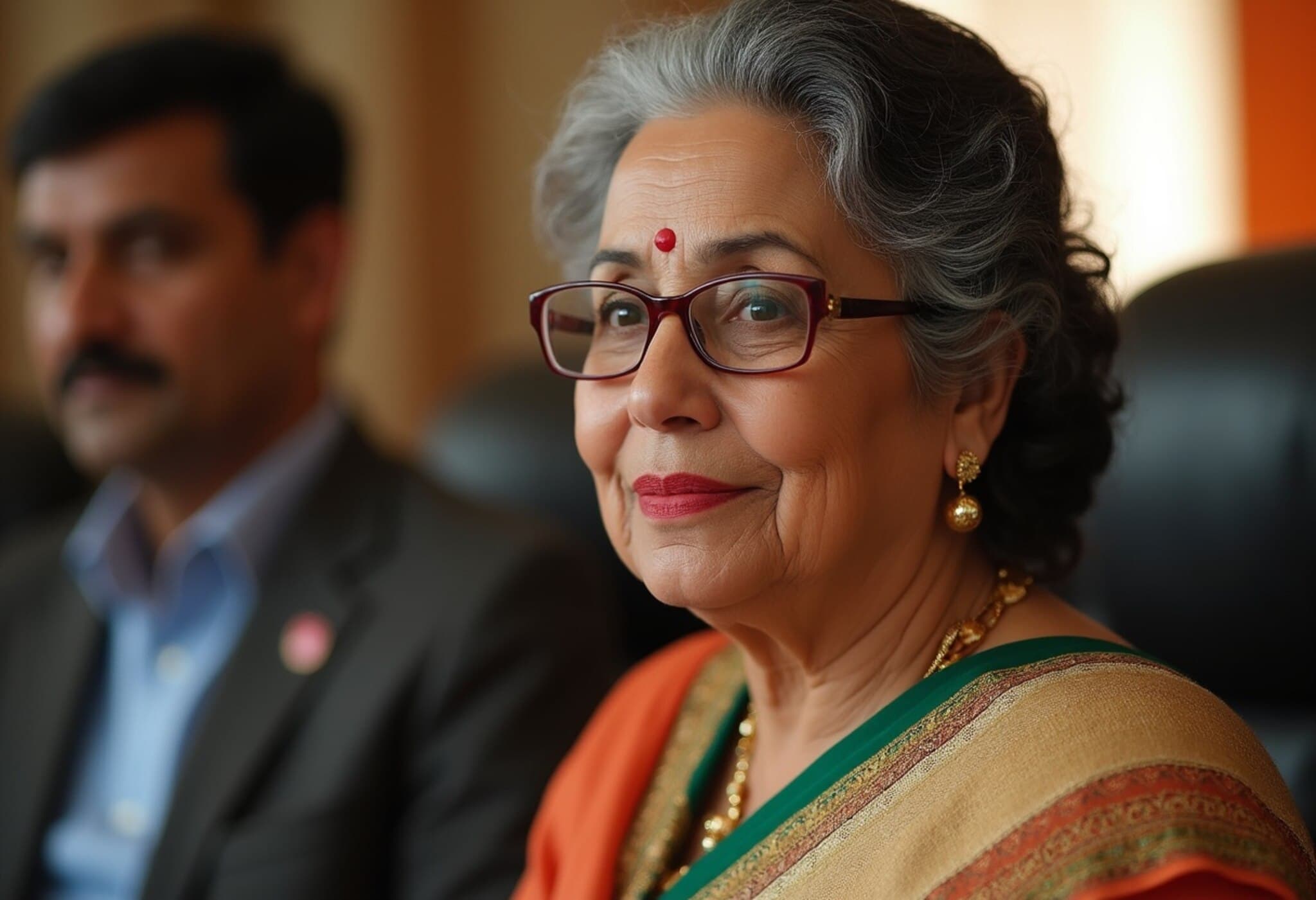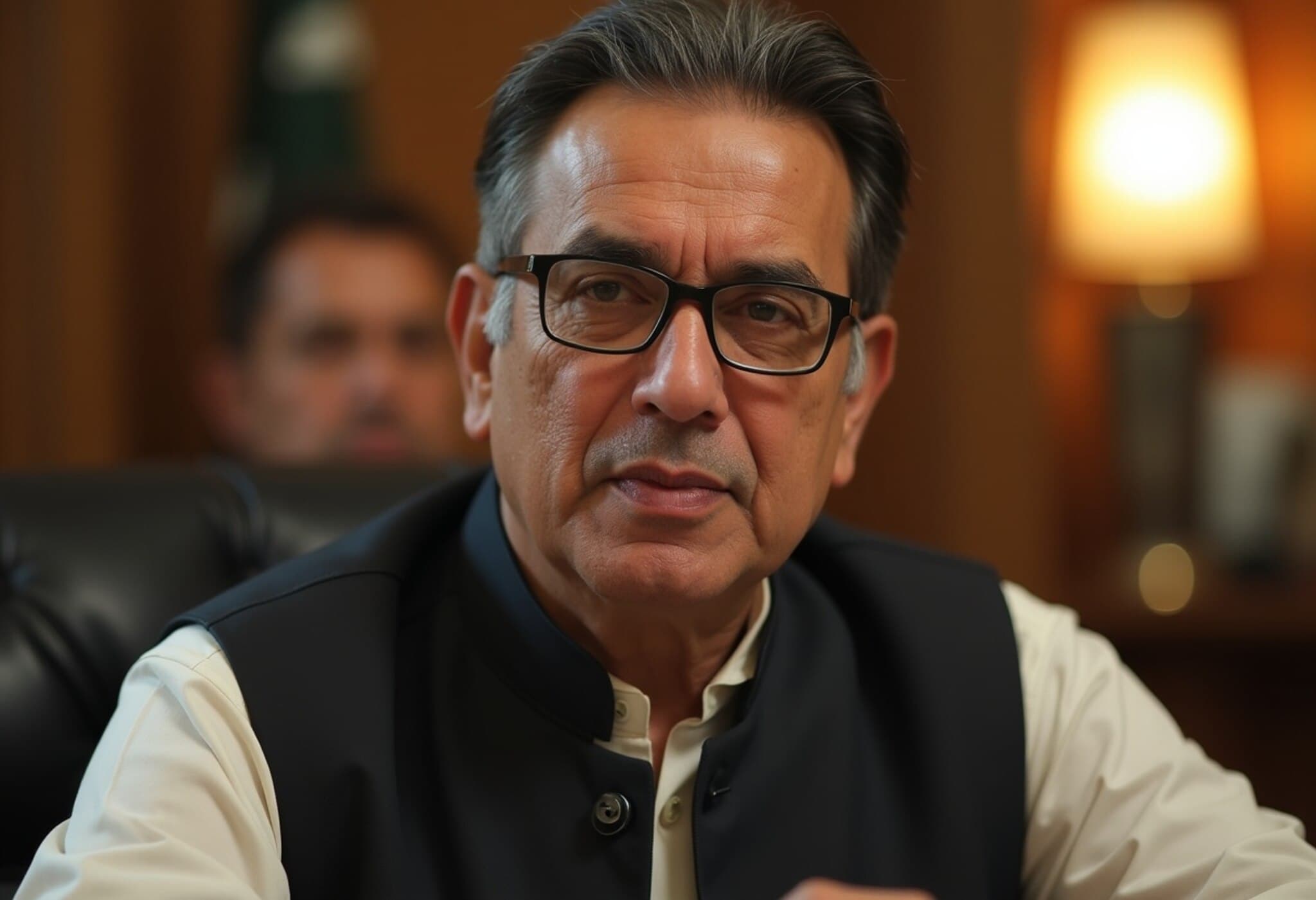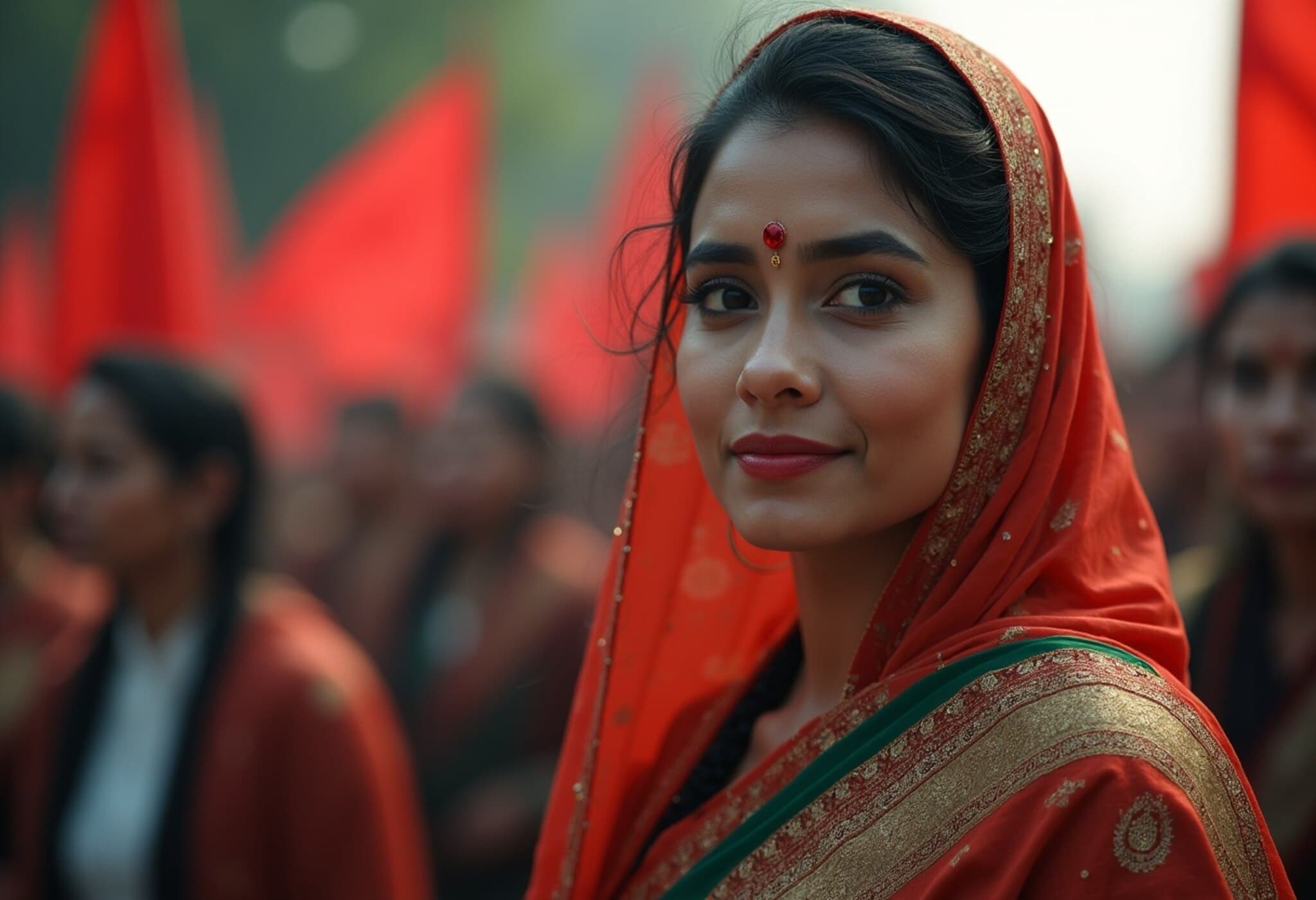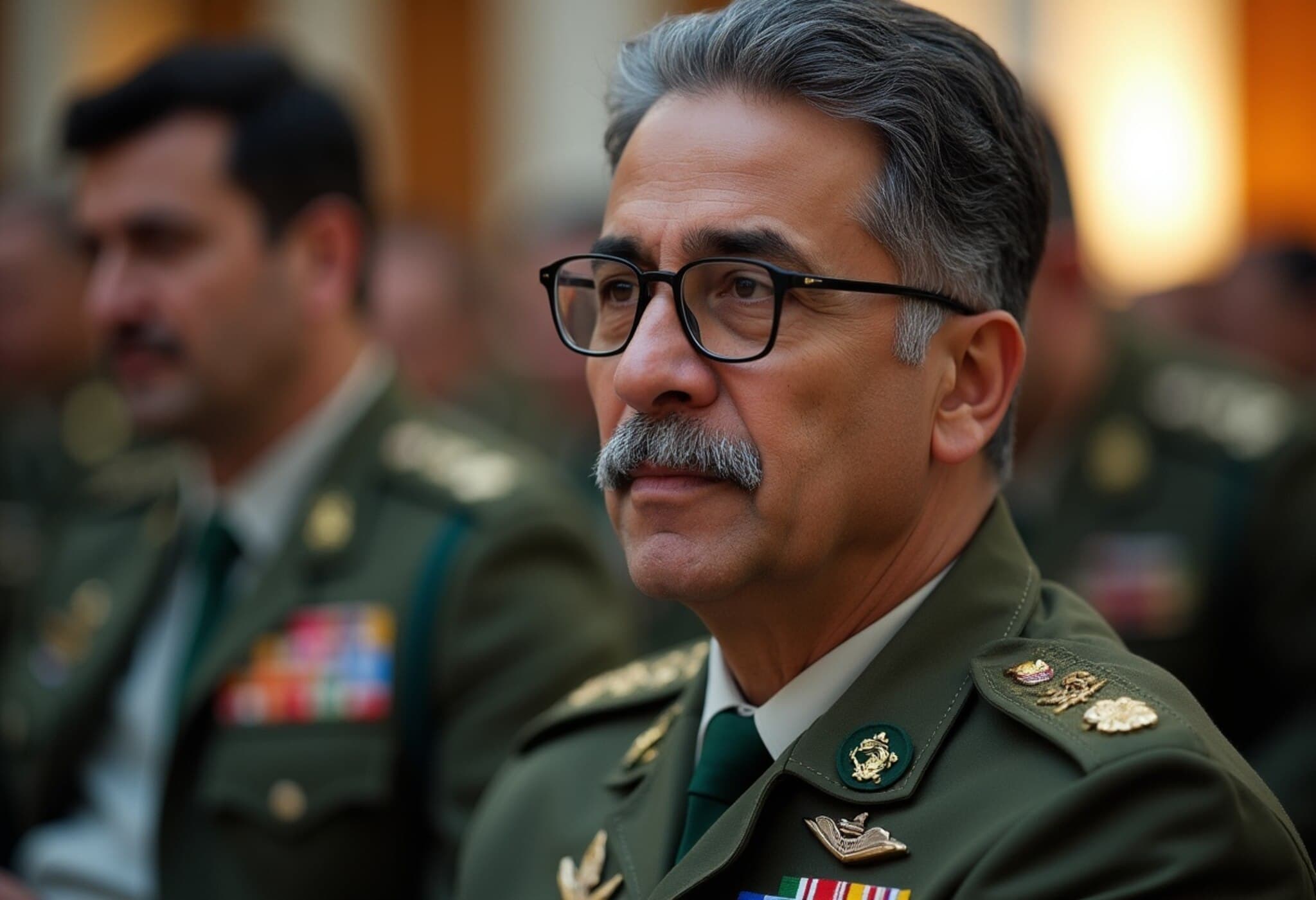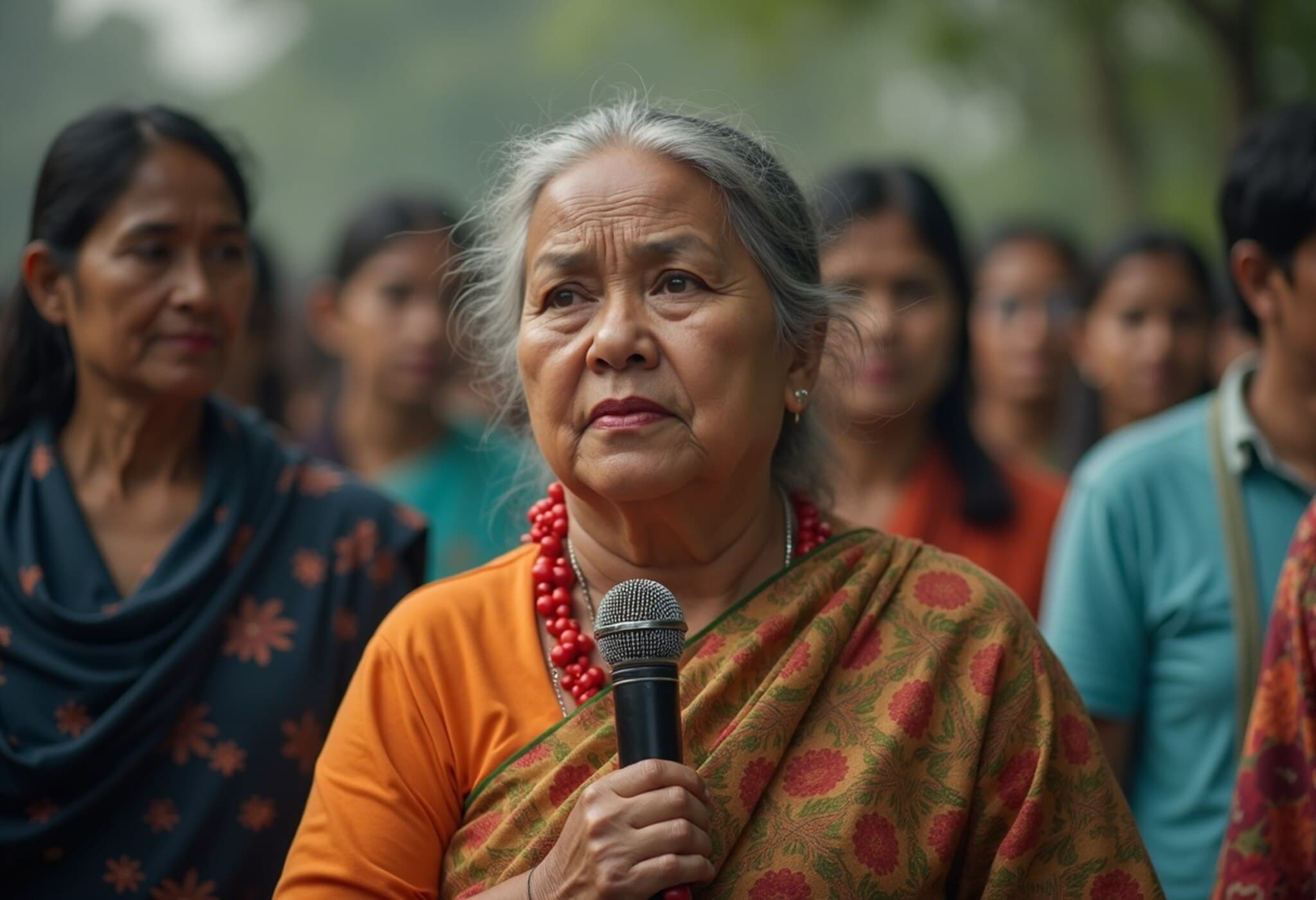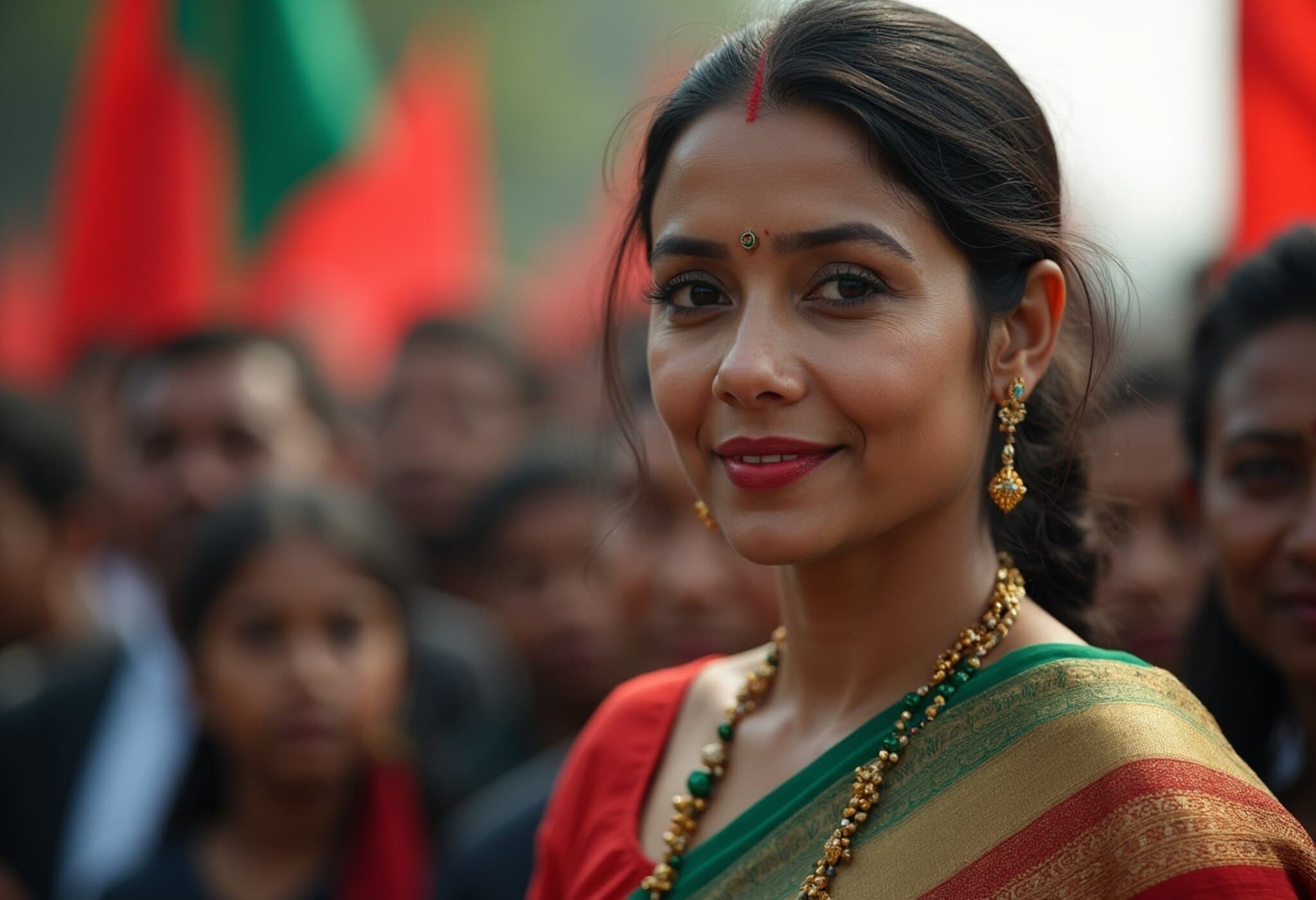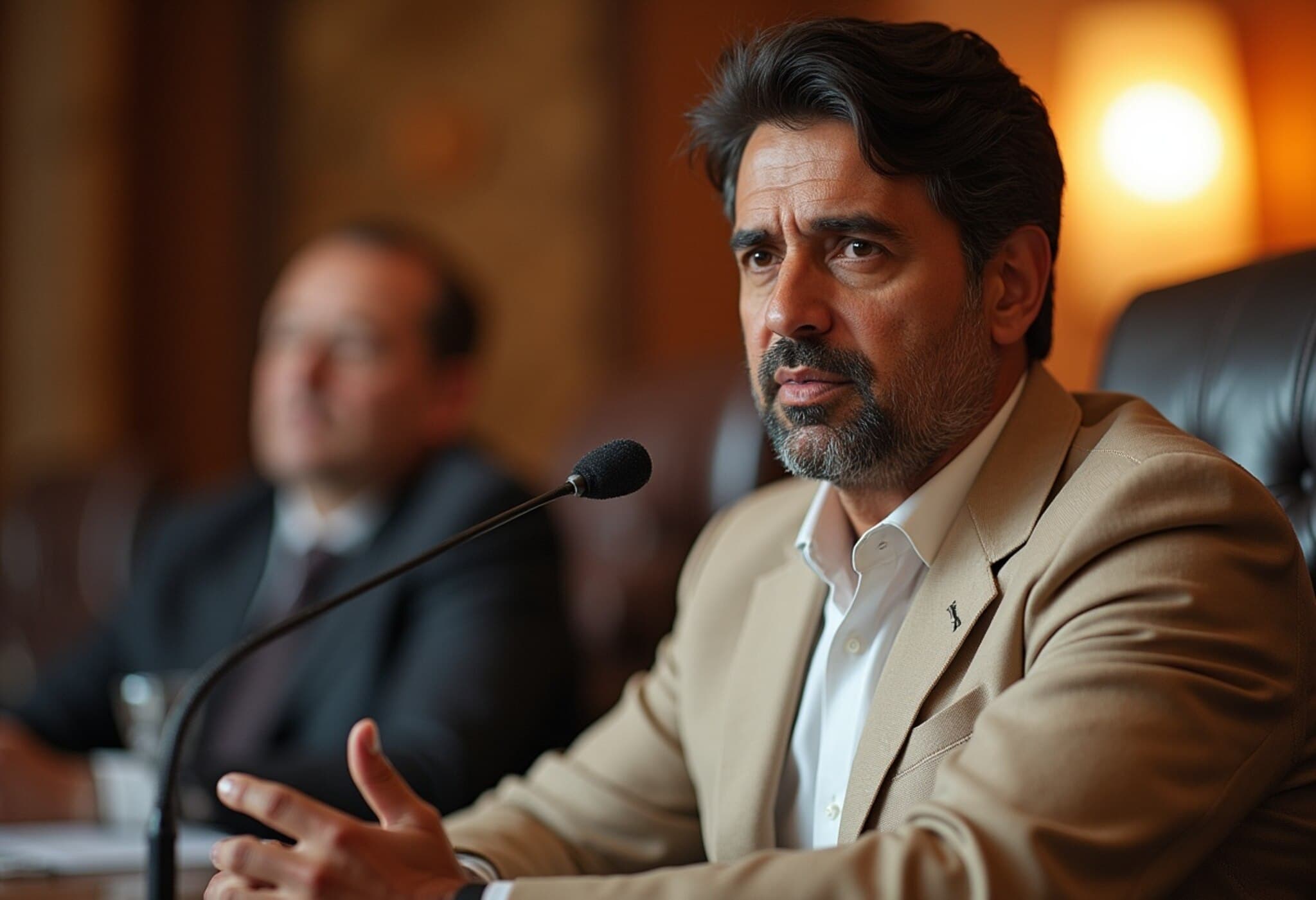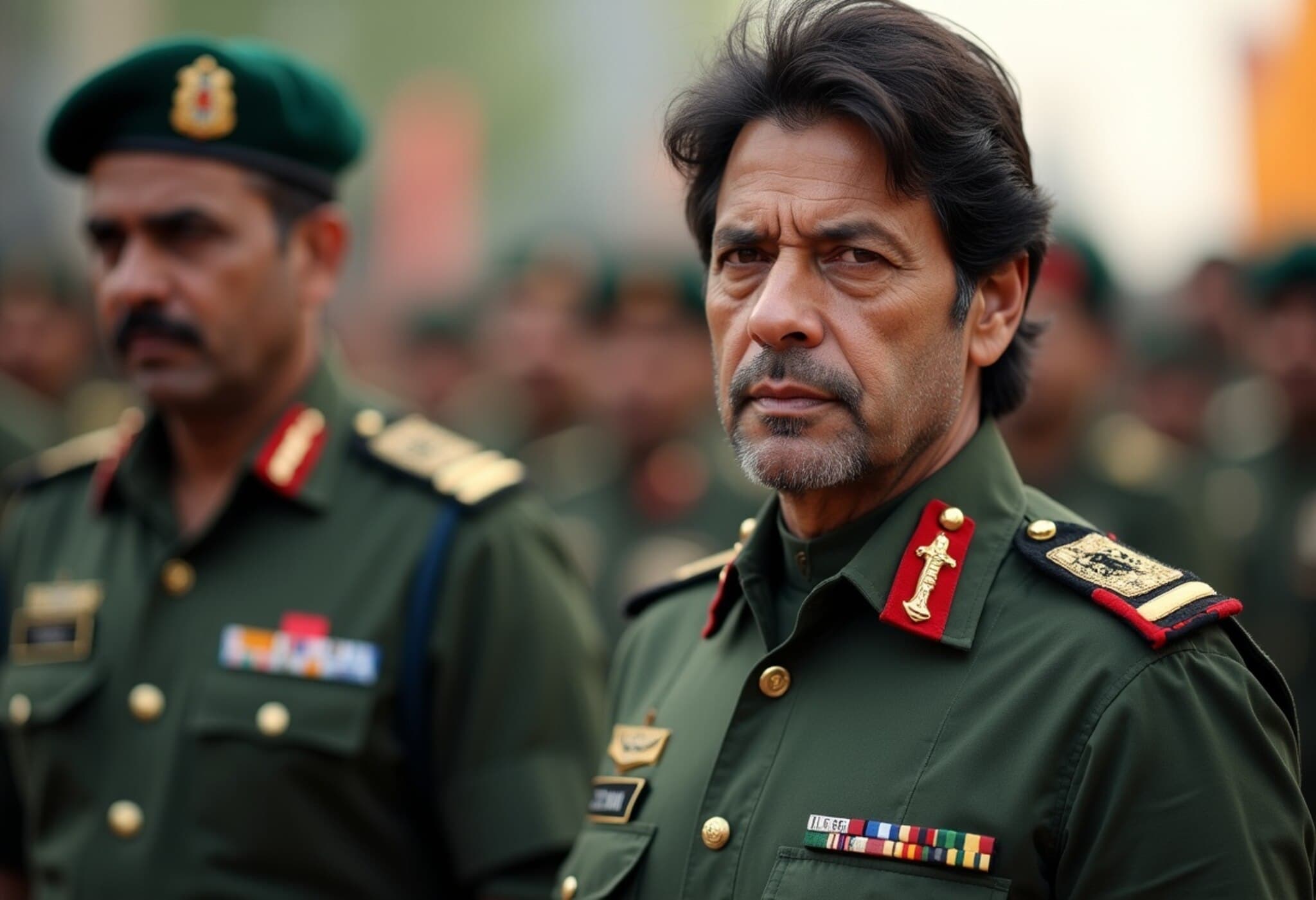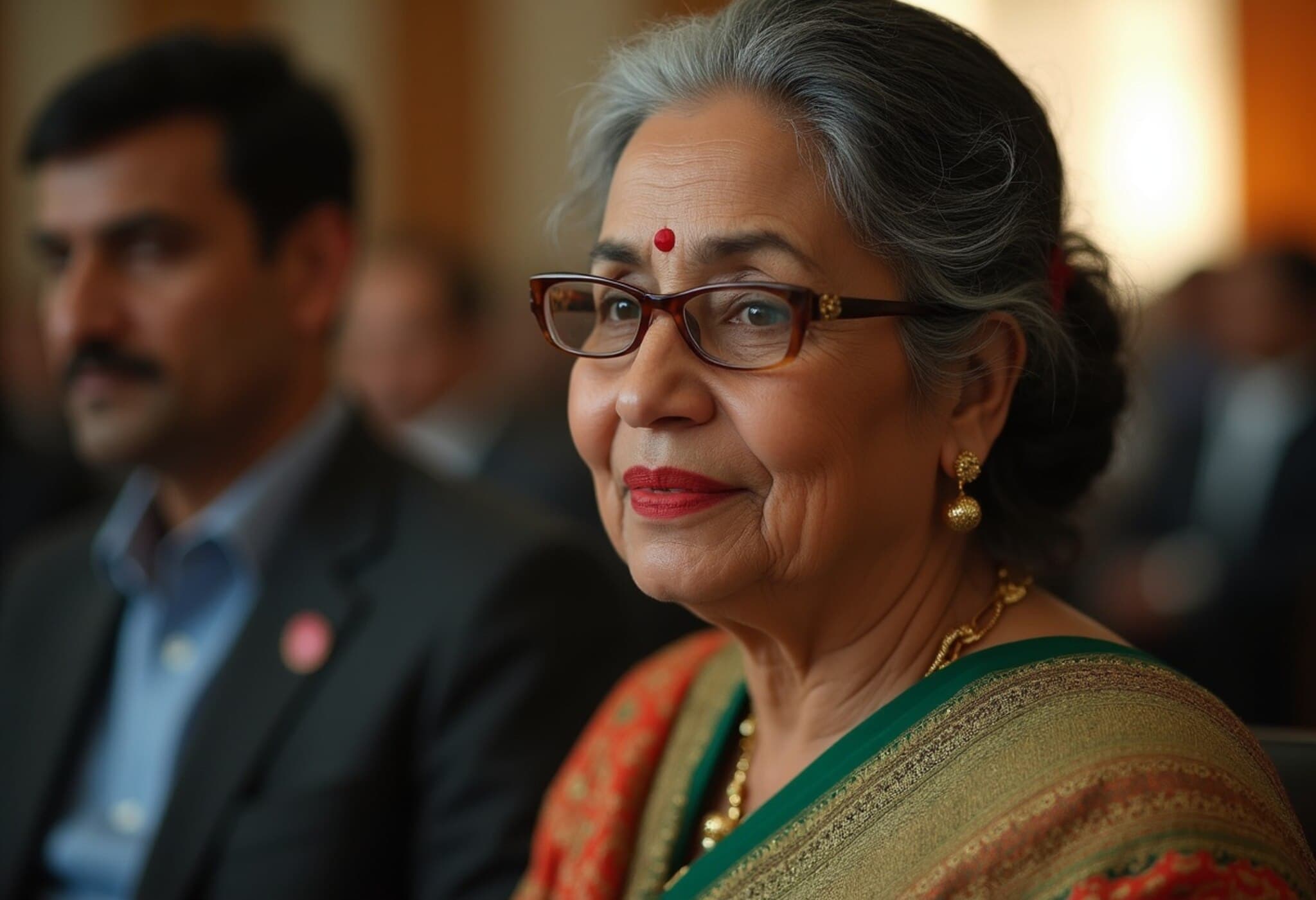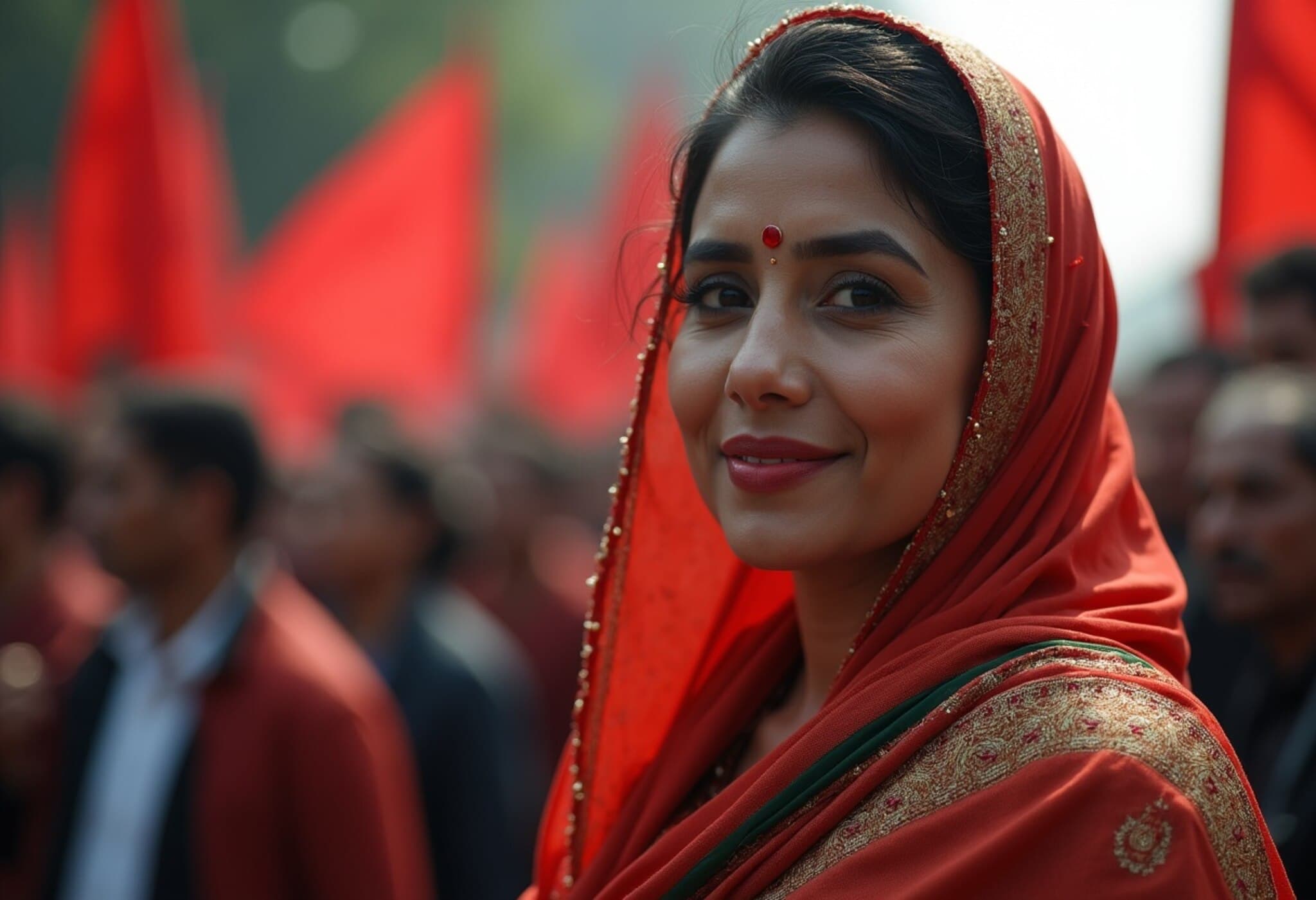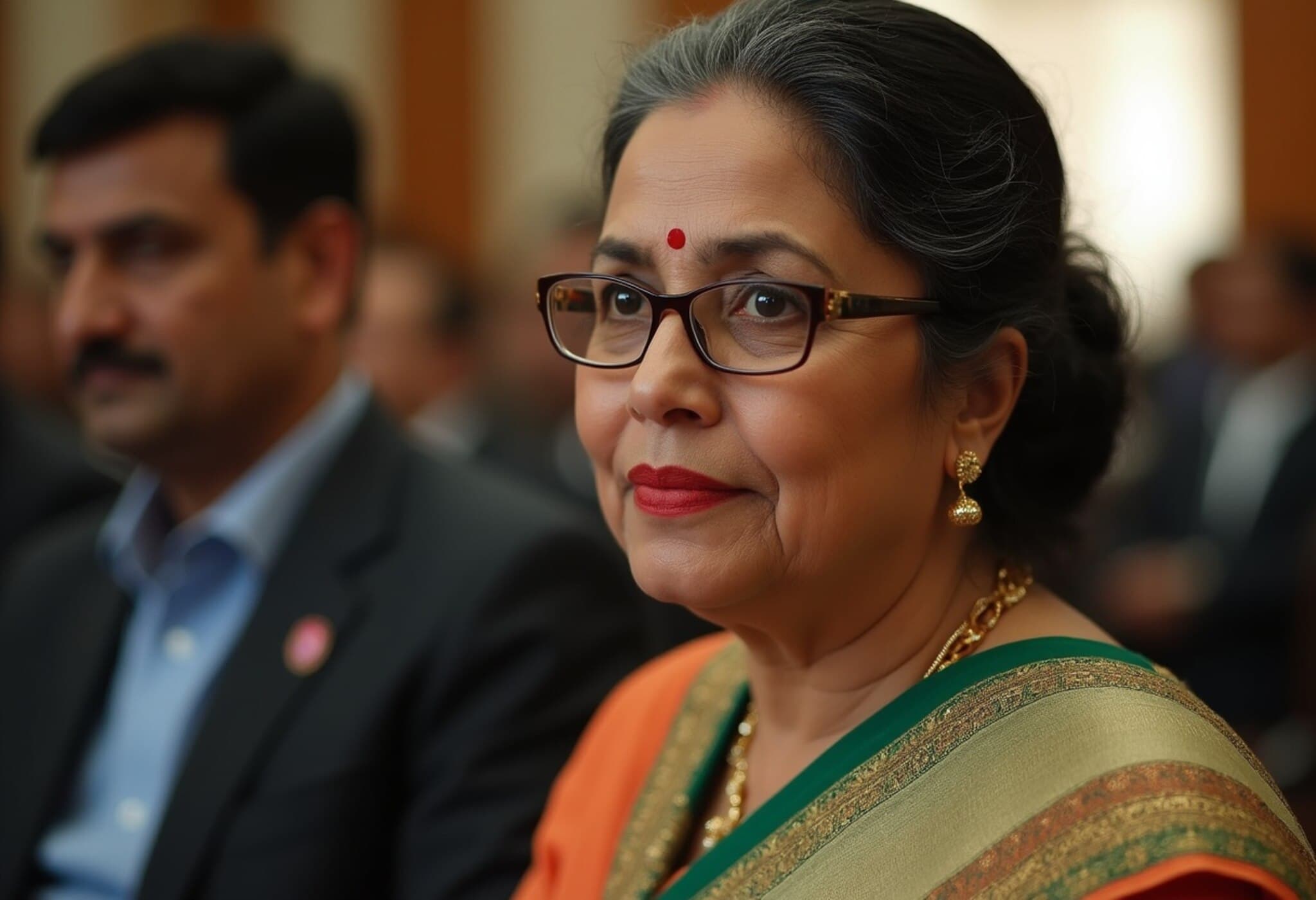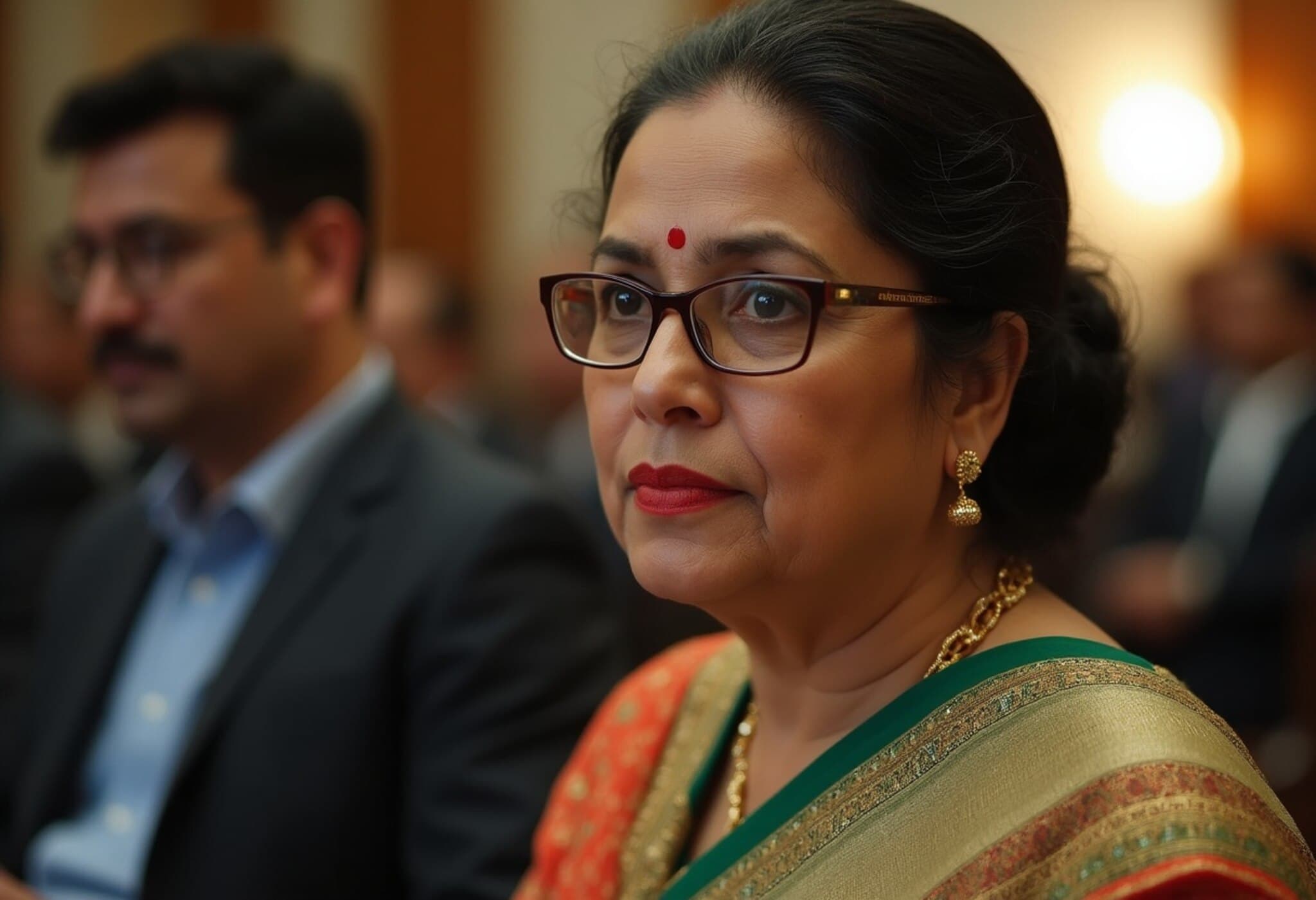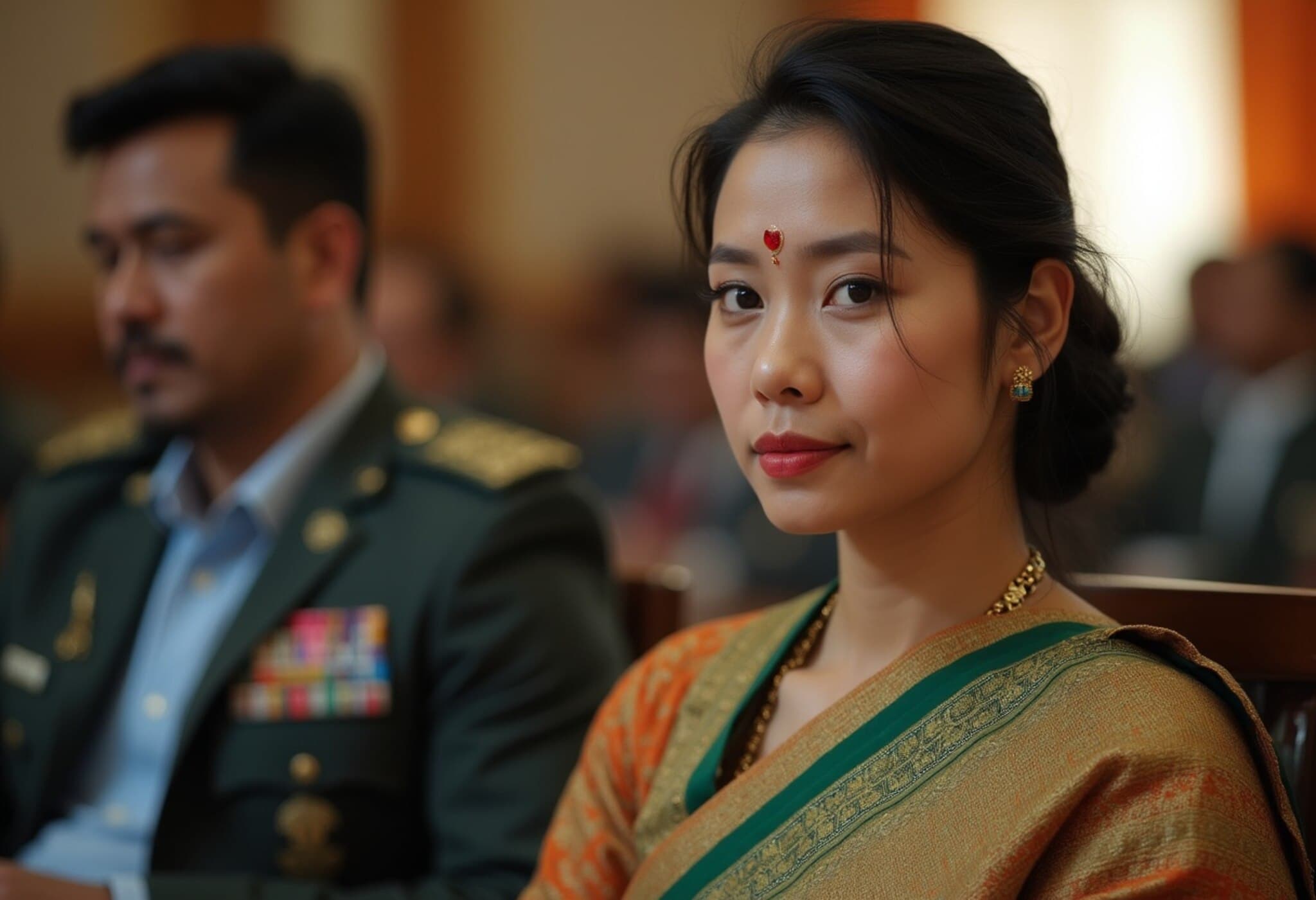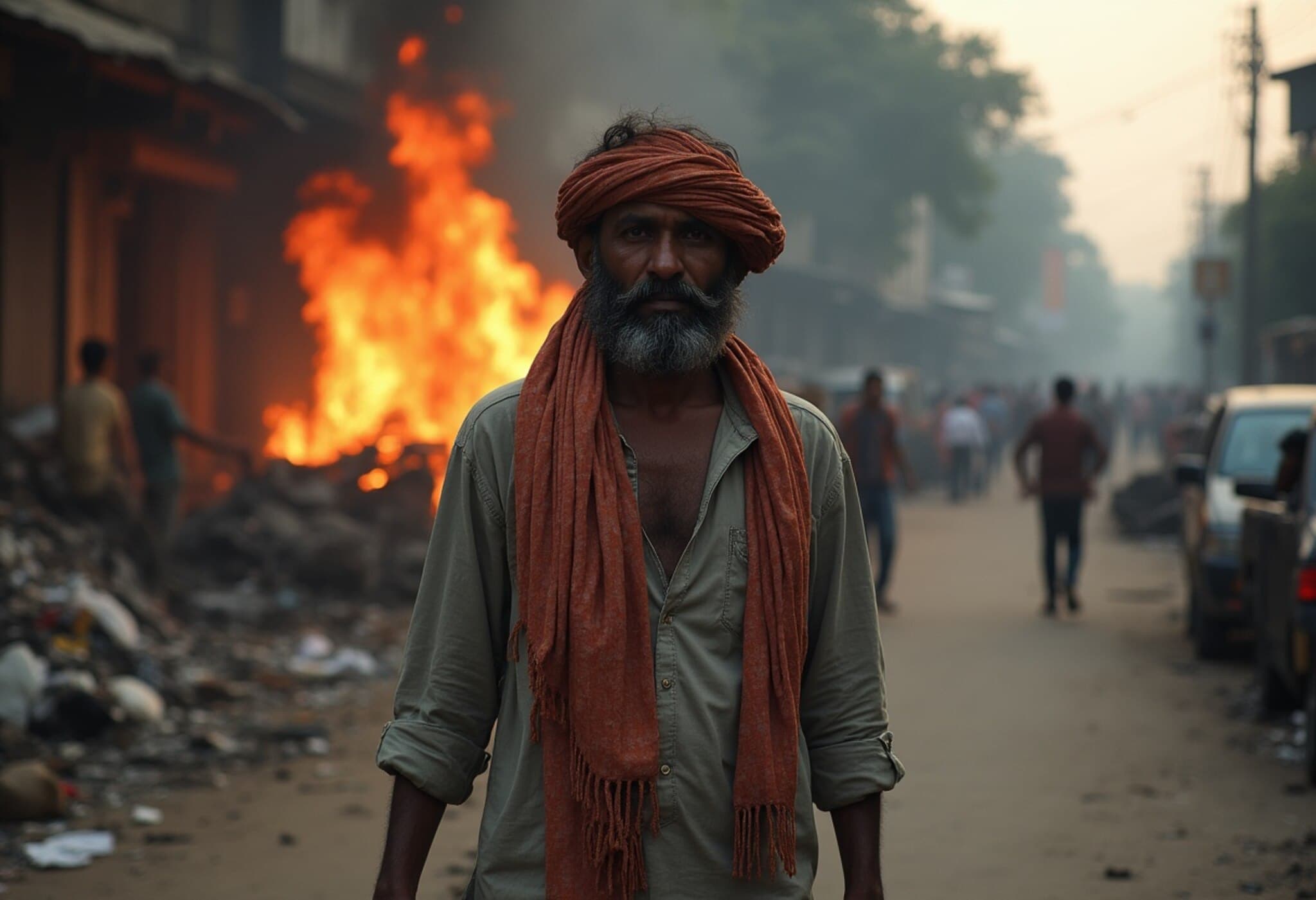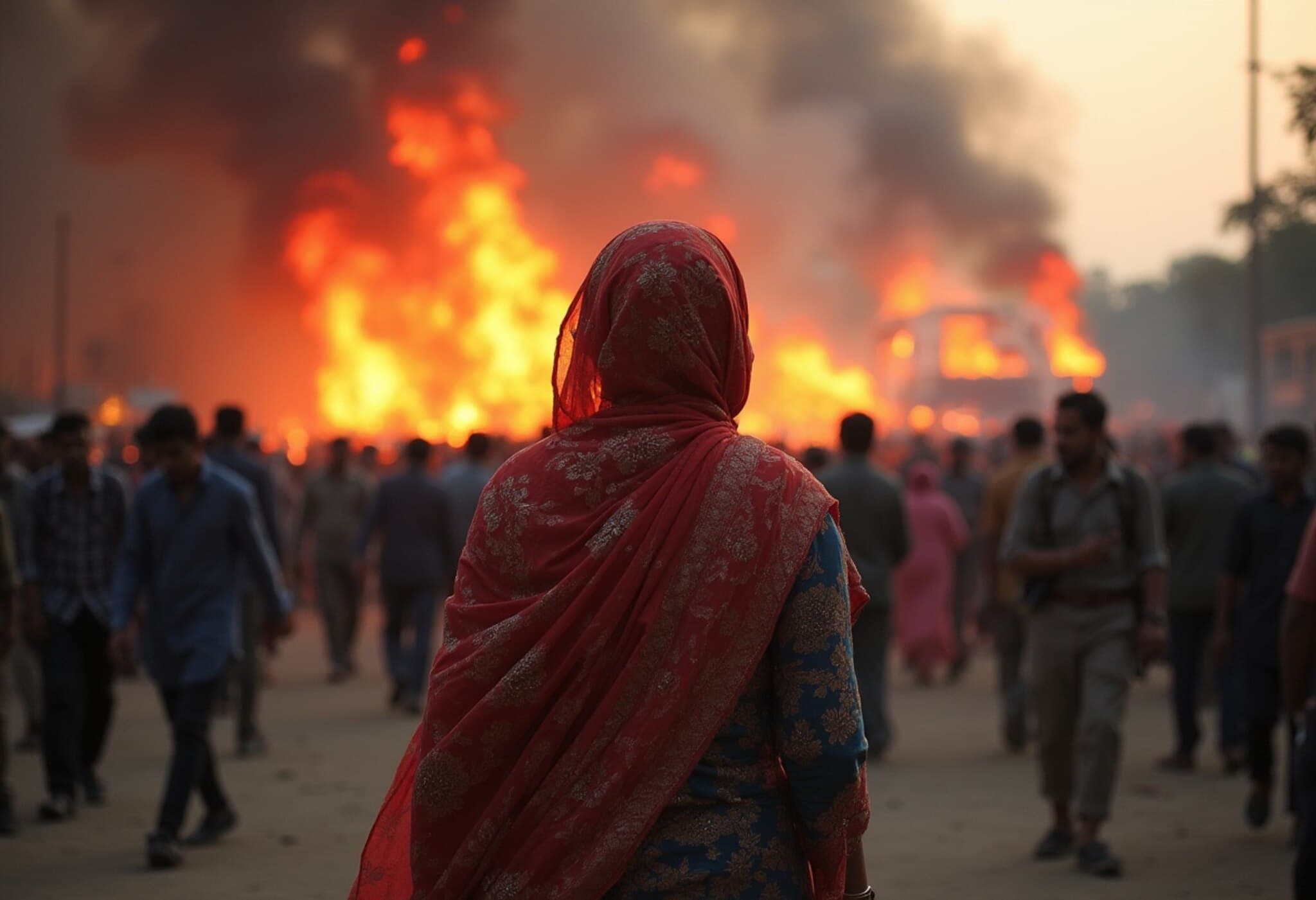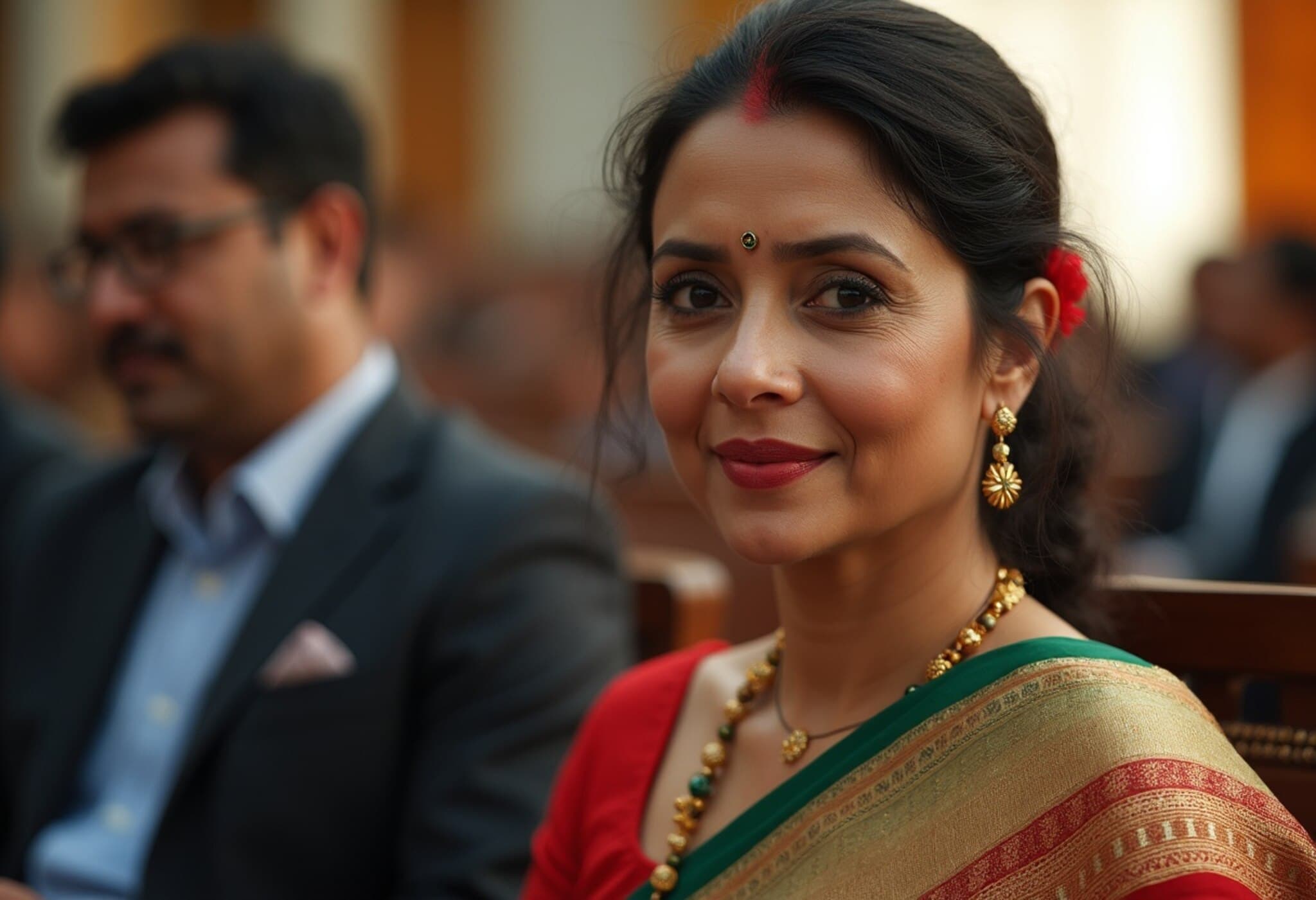Khaleda Zia Announces Return to Bangladesh's Political Arena
Khaleda Zia, the seasoned leader and chairperson of the Bangladesh Nationalist Party (BNP), is set to contest the upcoming general election, according to senior party officials. This announcement revives the spotlight on the 79-year-old politician who has navigated a series of health challenges and legal battles, underscoring her indomitable political resilience.
Health and Political Comeback
Despite battling chronic illnesses, including liver cirrhosis, kidney disease, heart complications, diabetes, and arthritis, Khaleda Zia has demonstrated remarkable determination. BNP Vice Chairman Abdul Awal Mintoo confirmed she is in improved health and intends to contest the election from the Feni constituency, reiterating her active role within BNP's strategic plans.
Strategic Timing Amid Legal and Political Developments
Mintoo indicated that internal discussions with Tarique Rahman, Zia’s son and acting BNP chairman residing in London, suggest the election may take place as early as February or possibly sooner. This speculation is linked to a pending Supreme Court case regarding the caretaker government system, which, if reinstated, mandates elections within 90 days, potentially accelerating the electoral calendar.
Background: A Politician's Journey Through Adversity
Khaleda Zia’s recent years have been marked by intense trials. After returning to Dhaka in May 2025 following a four-month medical treatment period in London, she is poised to reengage with Bangladesh’s volatile political landscape.
Her political journey has been tumultuous, from serving two terms as Prime Minister (1991-1996 and 2001-2006) to facing imprisonment linked to corruption cases. She was detained in 2018 over the Zia Orphanage Trust corruption case and spent over two years in jail before being temporarily released amid the Covid-19 pandemic under house arrest conditions.
Notably, her legal battles saw a significant turn in March 2025 when the Supreme Court upheld a High Court ruling acquitting her in key corruption cases, effectively nullifying prior convictions and paving the way for her return to active politics.
Expert Commentary: The Political Implications
Khaleda Zia’s decision to contest the general election represents more than just a personal comeback; it signals a potentially transformative moment for Bangladeshi politics. Political analysts note that her candidacy may energize BNP supporters and reshape opposition dynamics, particularly against the ruling Awami League.
Moreover, her ability to re-enter the political fray despite severe health issues speaks to the deep-rooted nature of personality-driven politics in Bangladesh. Observers are keen to see how this influences electoral strategies, coalition-building, and voter sentiment ahead of a pivotal election.
Looking Ahead: Questions and Considerations
- How will Khaleda Zia's health impact her capacity to campaign and govern if elected?
- Will the Supreme Court's pending verdict on the caretaker government system influence election timing and fairness?
- What are the broader implications for Bangladesh’s democratic process as veteran politicians seek returns amid turbulent political climates?
Conclusion
As Bangladesh approaches a critical election cycle, Khaleda Zia’s reemergence injects both hope and uncertainty into the political discourse. Her journey underscores themes of resilience, legal redemption, and the enduring power of electoral politics in South Asia.

